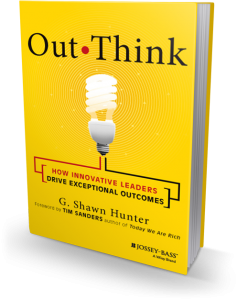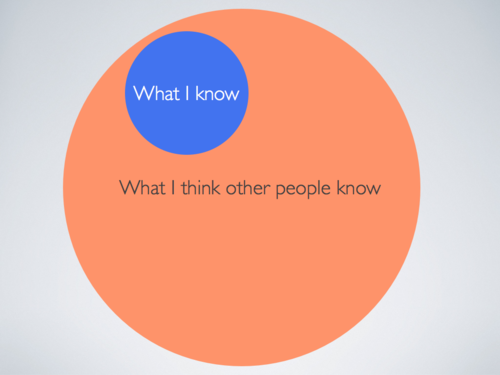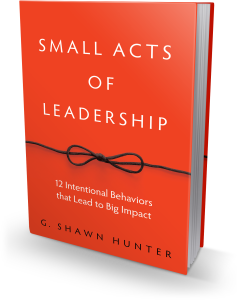Cycling Across America with Teenagers: Indian Spirits
Hello everyone. Over the summer of 2017, myself with two other dads and four of our teenage kids cycled across the United States from Seattle to Yarmouth Maine. The point was to learn something about ourselves, our world, and provide a learning adventure for our kids. I’m publishing a few excerpts from the journey on this blog, but if you are interested, you can grab a copy of the book here. Enjoy.
The warnings started at Devils Tower. We met Linus, a twenty year old from Germany, who had saved up for two years for his solo adventure of cycling across the United States. He left New York two months earlier and was on his way to San Francisco. He had a few bike problems, but in short order we (mostly Erich) helped to repair a handful of issues with his bike. It was a rough machine, not well maintained, but we tightened his hubs, switched his tires, adjusted his brakes, headset, and even tweaked his saddle to Linus’ delight.
Then we started talking about routes, he said, “Oh, you’re not intending to ride through the reservation, are you? I didn’t. I was told it was dangerous. I was told not to go there.”
Over the course of the next day we encountered various locals as we edged closer to the Cheyenne reservation who all said some version of “It’s full of addicts and thieves, you shouldn’t cross, and if you do, don’t stay there, watch your bikes, be wary.”
The hotel proprietor said, “Oh, I wouldn’t advise you spend the night there, no. You’ll be OK to cross in the daytime, preferably in the morning, but I wouldn’t stay there.”
I pressed a little, “Have you been there recently?” She said, “No, haven’t been on the Res for years, no reason to.” Hmmm.
We have a habit on this trip of trusting local knowledge. We mine for details about the road ahead, the landscape, the hills, where to stop, where to eat, so we paid attention as numerous people cautioned us about crossing through the Cheyenne Reservation. It was going to be 95 miles to cross the entire reservation, a big day. It was 95 miles from Faith, SD to the Missouri River on the east – 95 miles through headwinds to transact he Reservation. We packed extra water, I awoke early, we left quietly and spun the group up to cruising speed.
What we encountered was completely different from expectations. We received more friendly waves, more horn honks, and more gentle, warm people than ever throughout the reservation. It turned into a magical day.
At the first town on the reservation, Dupree, we encountered an older gentleman who leaned back on his pickup truck and told story after story about his history there, about the cyclists he once picked up and gave a lift in a thunderstorm. Further on down the road we chatted with a thoughtful local Lakota who talked about the pipeline, talked about visiting Washington DC to fight the pipeline.
We came across an Indian on horseback walking on the side of the road. He gestured to us and asked if we had water. We pulled over and Hobbit jumped off his bike bring him a bottle of water. He drank deeply and reached to hand the water back. Hobbit protested, “No, we have plenty, take more.” He took a few more swallows and gave the bottle back. Water out here is scarce and valuable, he refused to take the bottle.
This routine of being approached by waving, friendly people in cars went on for hours until late afternoon when we approached the Missouri River, the eastern border of the reservation. It was late in the afternoon, the sun drifting low in the sky.
Up ahead an immense Indian approached us walking directly toward our group on the shoulder of the road. Tall, strong, with jet black long hair he strode intentionally at us. I was unsure what to do and drifted toward the middle of the road to ride around him. He adjusted, and walked straight at us holding something in his outstretched hand.
We slowed, stopped, and he handed me sprigs of sagebrush. “This is for you. This is for safe passage beyond our land. Be safe my friends.”
And then he turned, walked to his car, and said “I will guide you across the border.” He started his car and rolled slowly over a hill just beyond our sight. When we reached the top of the hill to peer over, he was gone. He vanished, like a ghost, like a whisper.
And just like that we rode together across the Missouri River, blessed by those who had sheparded us through the Cheyenne homeland.

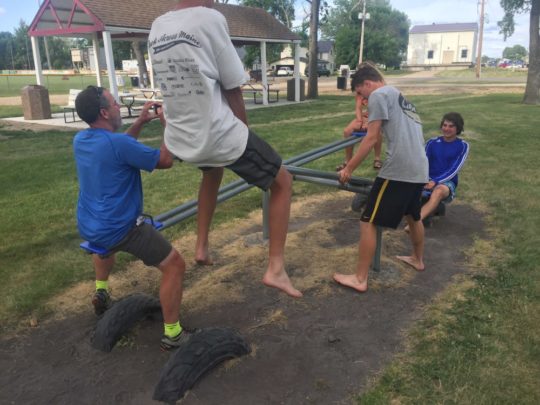

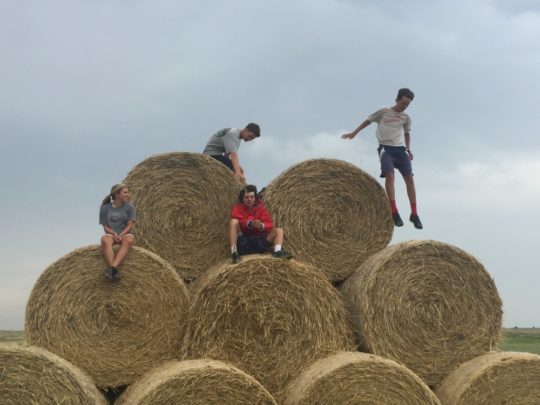

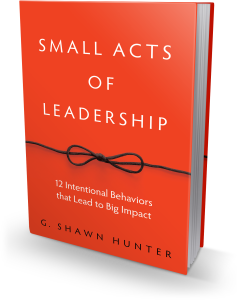 Shawn Hunter is President and Founder of
Shawn Hunter is President and Founder of 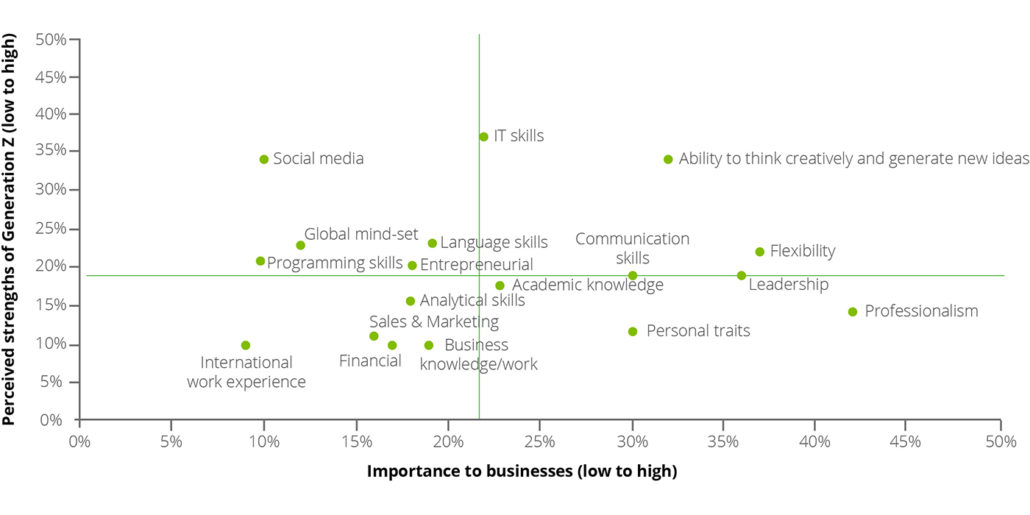
 Shawn Hunter is President and Founder of
Shawn Hunter is President and Founder of  Shawn Hunter is President and Founder of
Shawn Hunter is President and Founder of  Shawn Hunter is President and Founder of
Shawn Hunter is President and Founder of 
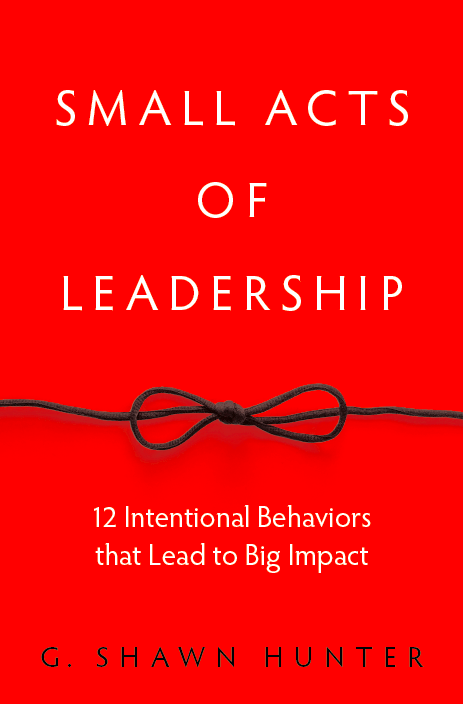 Shawn Hunter is President and Founder of
Shawn Hunter is President and Founder of 